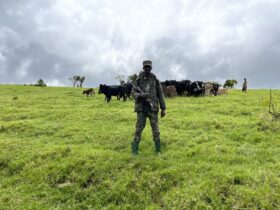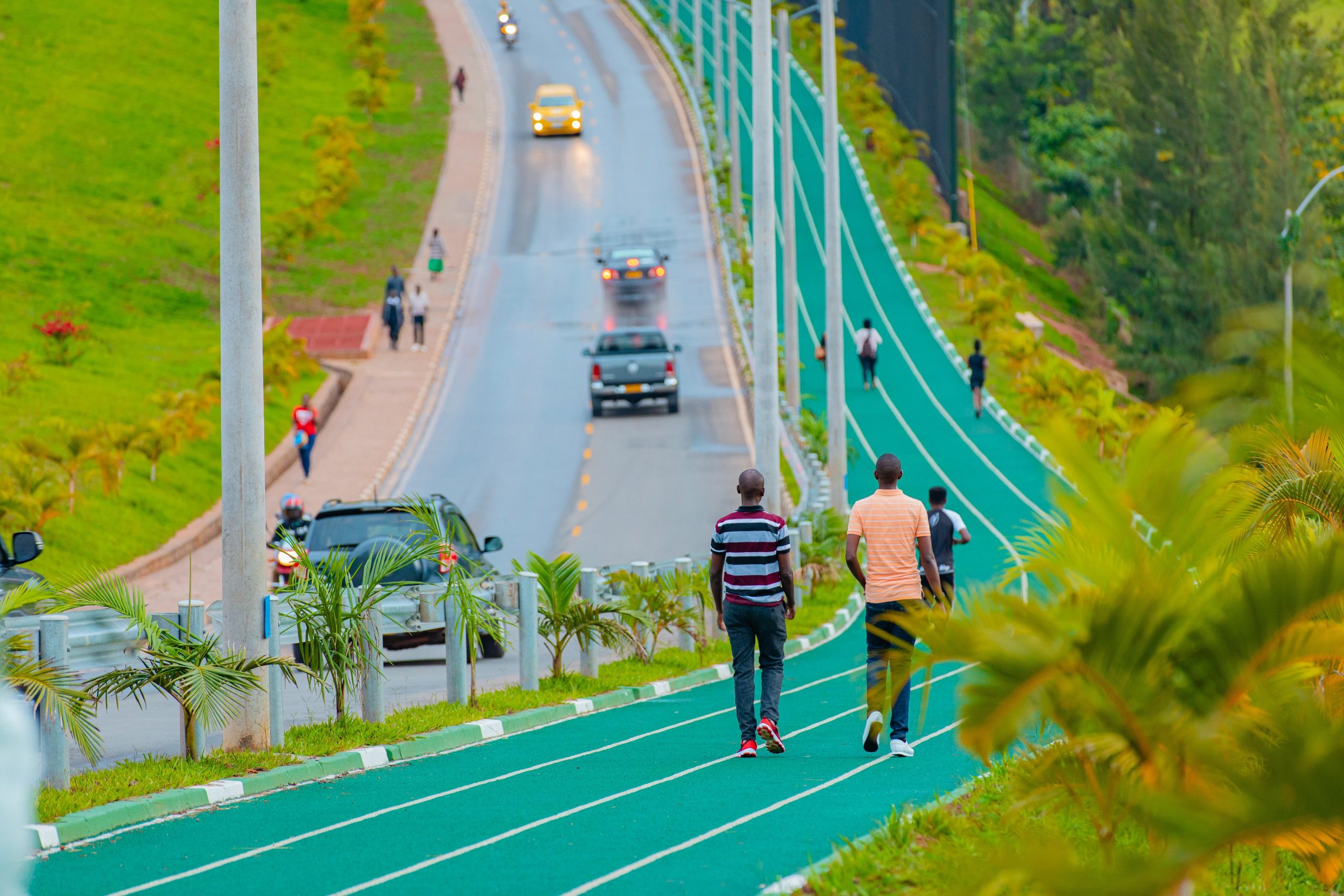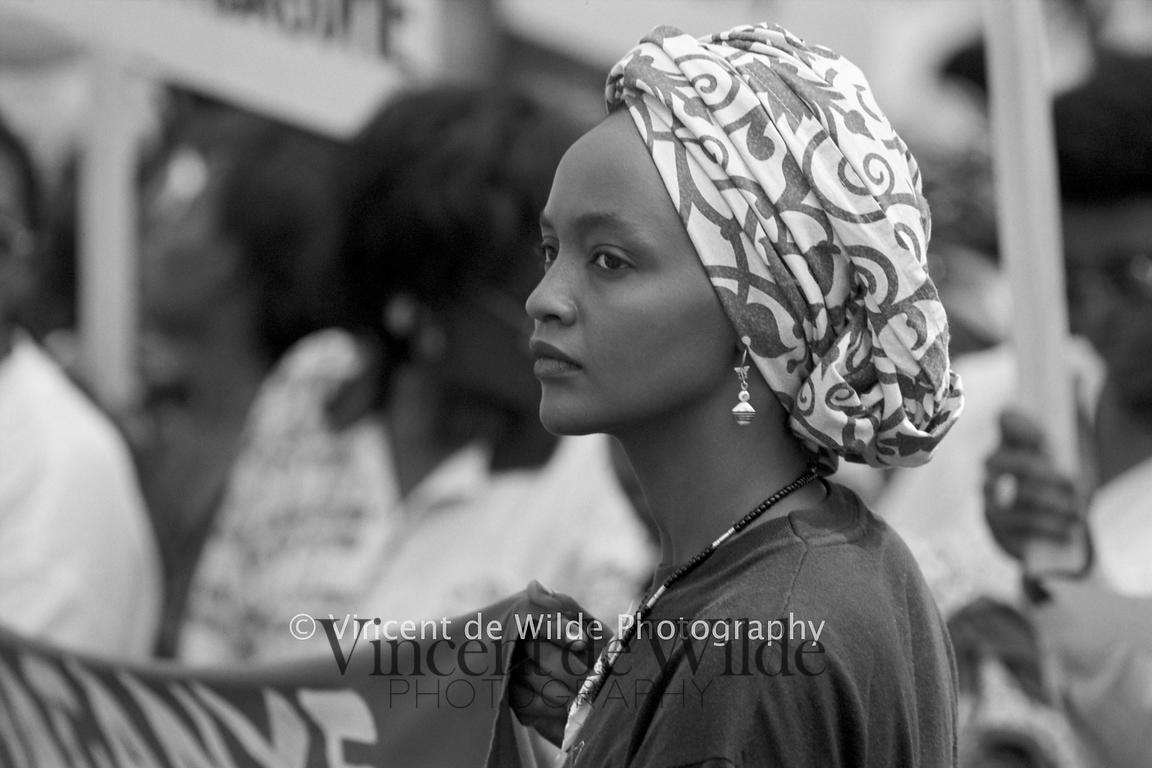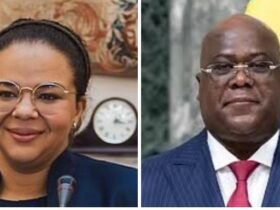A review by Dr. Alphonse Muleefu and Me. Gatete Nyiringabo.
Today (December 18, 2020), Alice Urusaro Uwagaga Karekezi is defending her doctoral thesis entitled The Initiation of a Norm from the Global South: Rwanda’s Gacaca, Pioneering the ‘‘Traditional’’ Transitional Justice Norm, at the University of Gothenburg – School of Global Studies. However, she will not be travelling to Sweden because of this covid-19 pandemic – her defense will be virtual – connecting her from the University of Rwanda (UR) to the examiners at the University of Gothenburg. This review is intended to celebrate her academic achievement, against all odds. It is also to acknowledge the fact that Urusaro is one of our first academic staff at the University of Rwanda’s Centre for Conflict Management (CCM), and because of that, we wish to particularly appreciate her deliberate contribution to our academic growth and resolve to reach this milestone.
The fact that the Global North is dominant in knowledge production, it is fair to argue that little is known about how Africa is capable of contributing knowledge and norm formation. This is one of the major gaps she has addressed. Her thesis investigates Rwanda’s special contribution to the global knowledge through its use of Gacaca Courts in administering justice. She argues that ‘Gacaca pioneered the ‘‘traditional’’ transitional justice norm. […thus addressing] a Western-centric bias, evident in the neglect of norms originating and norm entrepreneurs from the Global South and an under-specification of the early life of a potential international norm.’ It is this Western-centric bias, she notes, that has contributed to the criticisms against Gacaca Courts. She is of the view that research about Gacaca has been focusing on transitional justice in general, and how Gacaca has deviated from the classical understanding of criminal justice. She persuasively challenges the idea that that ‘deviation’ should be a basis to reject Gacaca.
Urusaro’s work is comprehensive, it is based on information collected from 2005 to 2006 and between 2007 and 2012. It engages discussions that happened during early stages of ‘reintroduction’ of Gacaca Courts, looks at its adoption and implementation, and touches on post-Gacaca period, weaving all that into a decoloniality analysis. She argues that as the current world politics is becoming more multipolar, it allows ‘ideas pertaining to conflict management and peace that have a wide range of ideational sources being put into practice, not simply because of their place of origin, but because of their relevance to the context.’ She challenges the biased belief that knowledge is created in the North and that the Global South is a mere consumer. The experimentation of Gacaca should serve as a demonstration that knowledge from the Global South should be taken serious. However, the candidate cautions us to be aware of the fact that norm creation from the Global South will meet some resistance. Therefore, she calls for norm entrepreneurs (creators) from Africa to be prepared to defend their ideas. Despite the resistance, she believes that when a political actor ‘combines activism and authority, it can transform into a crucial mechanism for norm creation.’ This is a call to African publishers to vigorously contribute to the liberation of African knowledge.
As a Pan-Africanist one would be justified to question the rationale of a Swedish school, the University of Gothenburg, teaching Rwandans about conflict resolution. Which conflict have Swedish people experienced to have knowledge on the subject matter? Are these other formulaic, prescriptive Western theories that are unfit for our peculiar predicament?
Indeed most ‘African studies’ are based in Western Universities and are taught, in majority, by non-Africans or by compromising Africans. In an essay, Nigerian scholar Amina Mama explains how scholarship by Africans or painting African mores in a good light are systemically ‘diced and dismissed’ by western publishers and media. Notably, the publication of his last book: ‘Transforming Rwanda: Challenges on the road to reconstruction’, Urusaro’s cousin and leading Rwandan political scientist, Dr. Jean Paul Kimonyo, seems to have frightened ‘experts on Rwanda’, whom, based on their latest behaviors, fear that such proximity and privileged intelligence might mean their future obsolescence. This did not come as a surprise to Dr. Kimonyo who, by irony of fate, fell ill a day before his book-reading journey at the ‘School of African and Oriental Studies’ and Cambridge University in the UK, but felt much better to tour China, where he expects his book to be soon published in Mandarin shortly.
Urusaro’s work is perhaps the solution, a vindication of North-South cooperation, as opposed to North-South competition. Her doctorate is merely a contribution to existing international norms, which she duly acknowledges, before highlighting that from a small country at the heart of Africa, a nation once afflicted by darkness, a glimmer of hope emerges, a glimmer that, if recognized, is to illuminate the entire world.
Sister Urusaro’s work is also a documentation of Rwanda’s doctrine of home-grown solutions, which is an essential contribution to the scholarship on transitional justice in global studies. In short, Urusaro Uwagaga uses academic templates, to make Rwandan wisdom one of all mankind.
It is a privilege for both of us to wish you luck for your defense, big sister, and we have no doubt that we will shortly be congratulating you as Dr. Alice Urusaro Uwagaga Karekezi.
In the interest of readers, this article was written by two researchers. As the content shows, one is an insurgent, and the other a peacemaker, in homage of Alice Karekezi’s most evident traits.















Leave a Reply